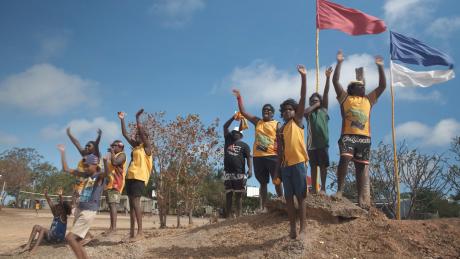
The 50th anniversary of the Homelands Movement in Garrthalala, Arnhem Land, marks a significant chapter for the Yolŋu people and for MAF, who has journeyed alongside from the beginning.
Barayuwa Mununggurr, traditional elder and Vice Chairperson of the Laynhapuy Homelands Aboriginal Corporation, remembers the early 1970s when MAF commenced operations in Arnhem Land.
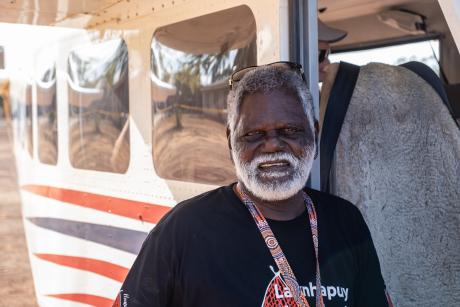
“MAF has played a very important role as a pioneer from the time when Bapa Sheppy was flying around our area,” said Barayuwa.
‘Bapa’ Harold Shepherdson was a Methodist missionary and pioneer aviator in the region who invited MAF to the work in Arnhem Land when the demand for flying exceeded his ability to supply services.
“And from then on MAF has been so much involved in the movement and taking people back to their homelands,” Barayuwa said.
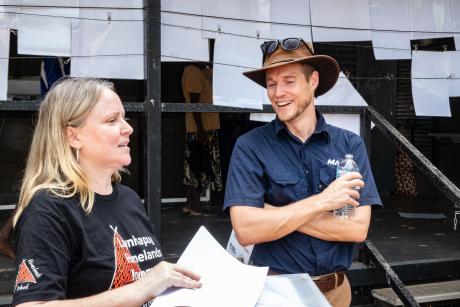
MAF continues to play an integral role in supporting the self-determination and wellbeing of Yolŋu families across the region.
Reflecting on MAF’s commitment, Country Director Ben Brown said, “I just want you to imagine being in their shoes. I want you to imagine having a health emergency or just trying to get your children to school.
“For many people, the opportunity to get to a hospital, to get to safety, to get to school is many hours of driving along dangerous, dusty, bumpy roads, and many times of the year it’s just impossible to do, so MAF provides essential lifeline services to the people here. We've been doing so for over 50 years.”
MAF has played a very important role as a pioneer from the time when Bapa Sheppy was flying around our area
The Homelands Movement began in the early 1970s as a response to social challenges facing Yolŋu in Yirrkala, following the arrival of mining royalties and associated issues.
Determined to shield their youth and preserve their culture, families returned to their clan lands, establishing small, remote communities across East Arnhem Land.
Accessible only by rough dirt tracks during the dry season, and virtually unreachable during the wet, these homelands have maintained strong Yolŋu identity and culture despite significant barriers to accessing health, education, and basic services.
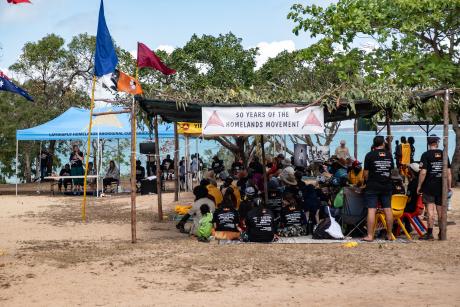
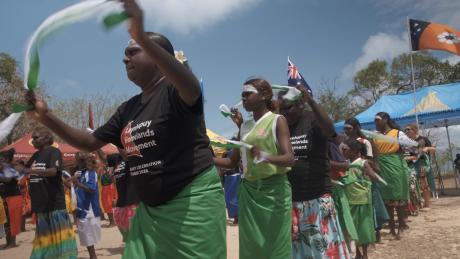
Aviation—particularly MAF—has been crucial in sustaining the homelands, and healthcare and education flights remain core foci for daily MAF operations in the region.
Elder and Chairperson of the Laynhapuy Homelands Aboriginal Corporation, Yananymul Munuŋgurr, highlighted MAF’s role in the homelands movement.
“It was a very important part of a role for MAF to play, and today it still operates like it's been going on for a long, long time,” she said.
“MAF provides a reliable service for homeland Yolŋu and for services that need to be done in the homeland, and people that provide those services and carry out the work into the homeland, and flies those people into the homeland, day in, day out.”
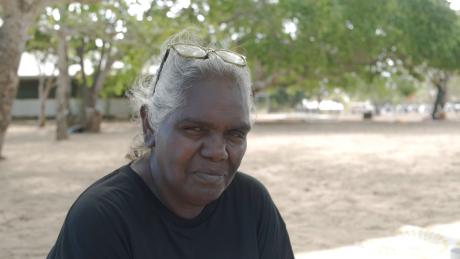
But in the course of 50 years, MAF has been more than just an aviation operator, and Yananymul is keenly aware of the relational aspect of MAF’s service.
“Every pilot that comes to the homeland, the Yolŋu mala (community) knows who that person is,” she said.
“So, there’s that relationship, it’s a God-built relationship, because the MAF staff members are Christians. They also carry the good news, spread the good news of God to everybody, everywhere.”
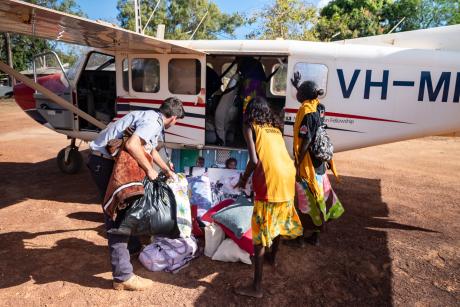
Education in the homelands has been a high priority for the homelands movement since its inception, and MAF plays a vital part in the unique boarding school in Garrthalala.
Laynhapuy Homelands Schools Principal Abi White said, “We have a long history of collaborating with MAF. We run nine homeland schools and getting to and from those locations is challenging.
“For the majority of the time, our staff travel with MAF, and critically, our boarding programme at Garrthalala depends on MAF to fly students in and out each week for their NTCET (Northern Territory Certificate of Education and Training) studies.”
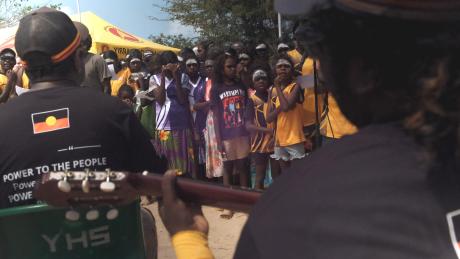
From its beginnings with a single aircraft, MAF now operates a dedicated fleet in Arnhem Land, continuing to support homelands with access to vital healthcare and education services.
The partnership between MAF and the Yolŋu people stands as a testament to perseverance and collaboration, and the enduring strength of culture on country.
This is a video snapshot of the celebrations: